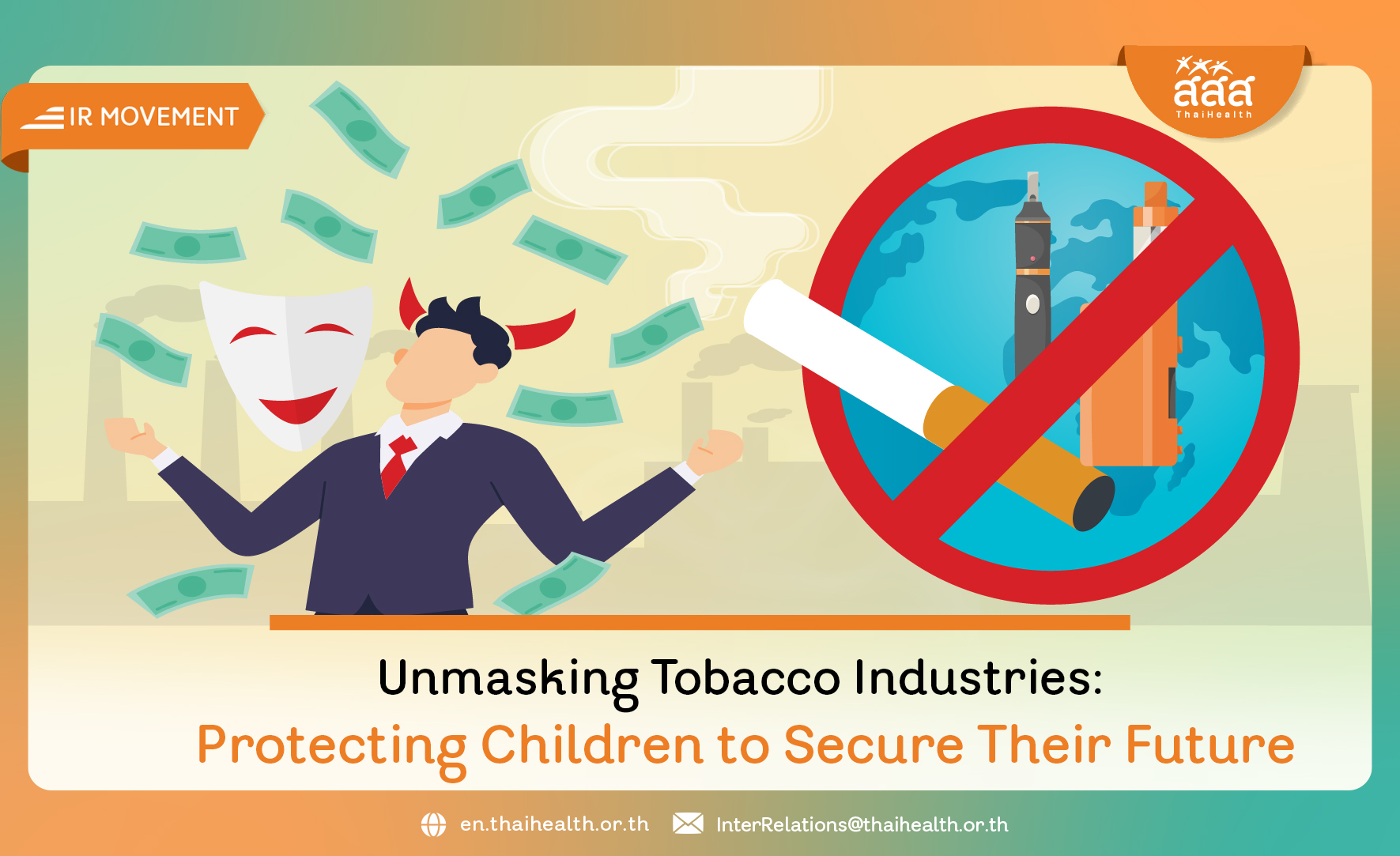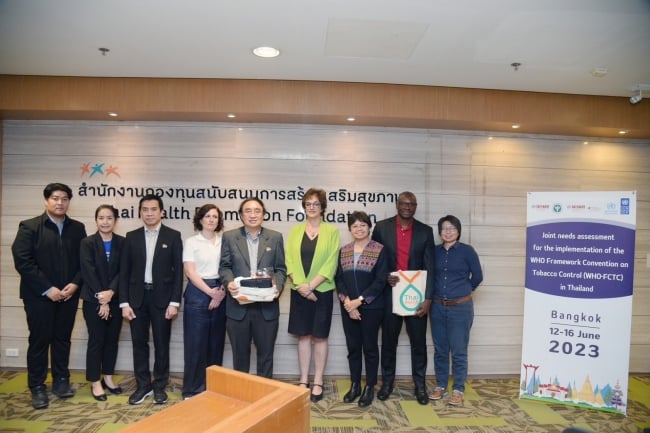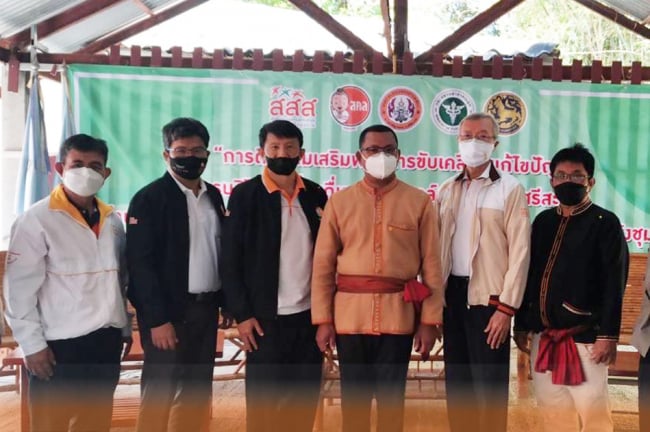
ThaiHealth and StopDrink Network promotes Non-Alcohol Happiness Culture
Thai Health Promotion Foundation (ThaiHealth) and StopDrink Network (SDN) have kicked off a campaign for the promotion of “Non-Alcohol Happiness Culture”, firstly by piloting its campaign in Si Sa Ket, establishing a model area for non-alcoholic cultural events which is believed to help Thai people save more than 140 million baht by cutting down alcoholic drinks in cultural ceremonies, while hoping to attract communities across the country to adopt the well-being society principles.
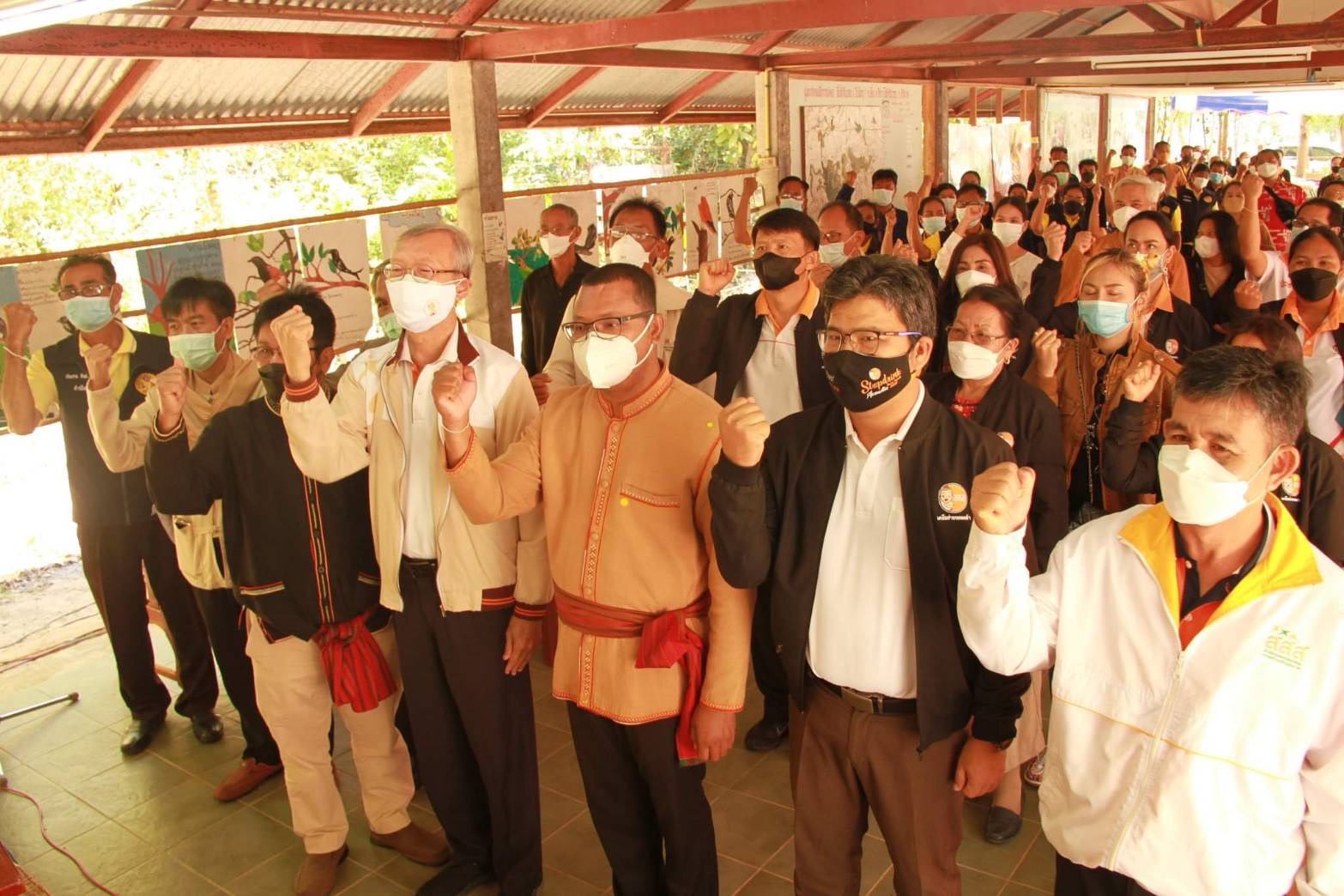
On a visit to Tambon Siao, Phi So Suwan district of Si Sa Ket, ThaiHealth, together with SDN followed up with the plan to empower the local people in their quest to reduce and quit drinking alcoholic beverages through non-alcoholic merit-making ceremonies. The project aimed to use the community power to alleviate alcohol-induced problems in the area in the hope of bringing the success story to implement the very campaign nationwide.
ThaiHealth Vice Chairman of the first Executive Committee, Mr Srisuwan Khuankhajorn, said that alcoholic is an important factor that cause many losses in life — domestic violence, sexual harrassment, and brawls. ThaiHealth and SDN are working hard to change the values in the society through building cooperation with local administrations, provincial governments, and the policy sectors. Under the alcohol and narcotics control plan, ThaiHealth plans to implement the project in accordance with 5 strategies under national alcohol policy:
1) economic and physical access control to alcohol,
2) change of societal values and reduction of encouragement for alcohol consumption,
3) reduction of dangers induced by consumption of alcohol,
4) control alcohol-induced problems at the local level,
5) development of mechanisms to control supporting factors of drug and alcohol consumption.
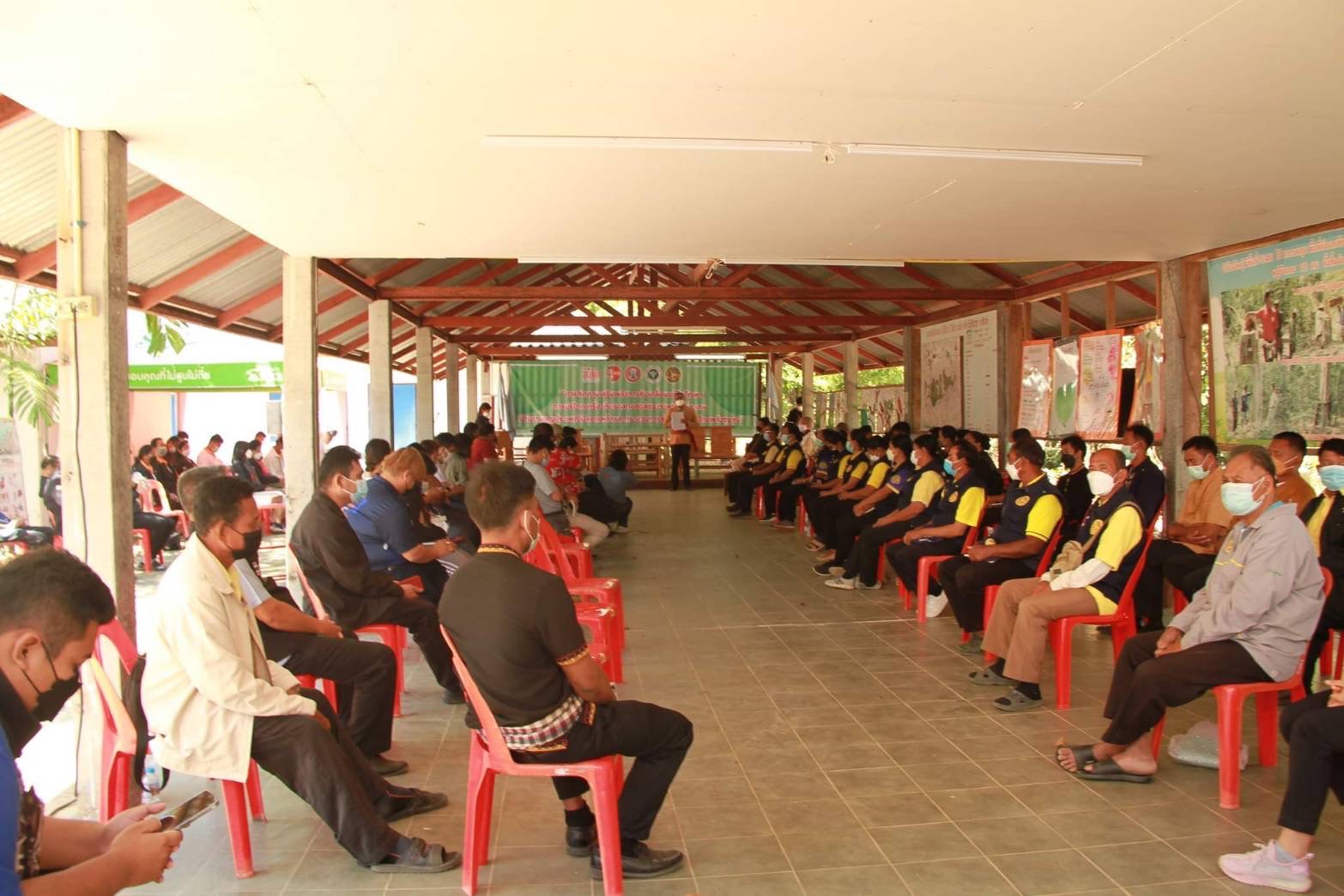
Mr Srisuwan further explained that, after strong cultural costs and long-standing policy movement of the Pho Si Suwan model, it is evident that the support for civil society works is very important. Pho Si Suwan district of Si Sa Ket has a concrete driving mechanism that allows both government and civil societies to engage in the surveillance and enforcement of alcohol control laws, starting from making an agreement in the village, to tambon-level agreement, and further in the district and provincial levels. This kind of empowerment is believed to develop into a national-level policy to drive forward the Alcohol Control Act, which is to be enforced in parallel with the continuous enforcement with the laws drafted by administrative agencies.
“ThaiHealth is focusing on connecting our strategic partners in order to lay a foundation of understanding about alcohol-free civil and religious ceremonies for the hosts — government agencies, local administrative organisations, the general public, and entrepreneurs in the area — under an effort to induce changes in people’s behaviour in the Thai society about alcohol consumption, so that merit-making ceremonies are 100% alcohol-free and become a “happy culture ‘non-alcohol happiness culture’ in all levels of the society,” said Mr Srisuwan.
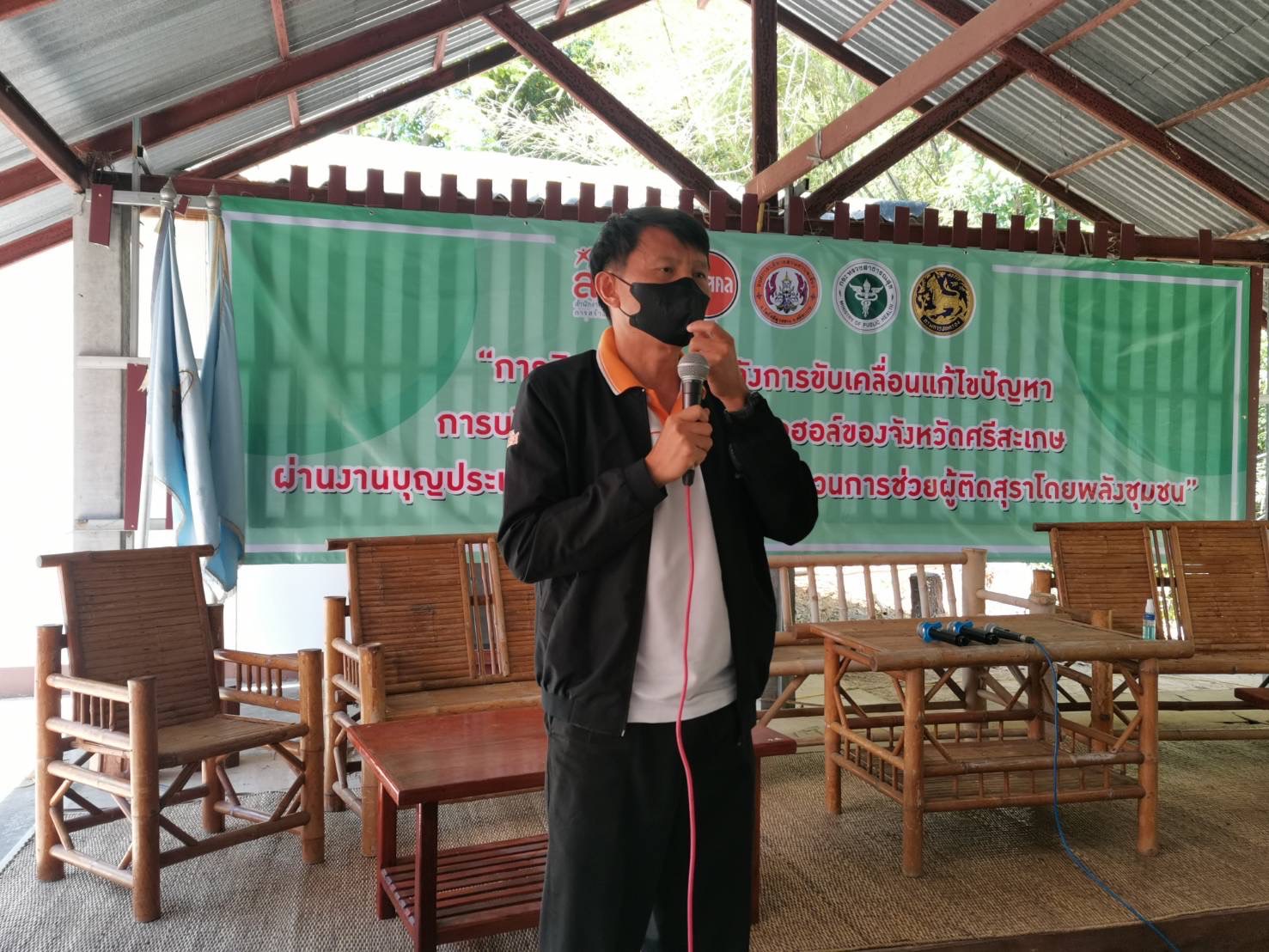
SDN Manager, Mr Theera Watcharapranee, said SDN has conducted a series of knowledge exchange sessions and worked intensively in Tambon Siao of Pho Si Suwan district on the local cultural costs to initiate the campaign to reduce alcohol consumption through mutually agreed resolutions in the community to organise non-alcohol civil and religious ceremonies. The local-level effort is believed to expand onto the district and provincial levels. At present, the province of Si Sa Ket is known as the place where civil and religious ceremonies are free of alcohol. From 2010 onwards, the SDN employed immersion of soft power and expansion of positive influence to get people to change their minds, and help create a critical mechanism to fight alcohol-related stimulations. The SDN strongly hopes that the Tambon Siao model will spread to other areas, especially in 15 provinces of Thailand with similar foundations, such as Maha Sarakham, Amnat Charoen, Lamphun, and Tak.
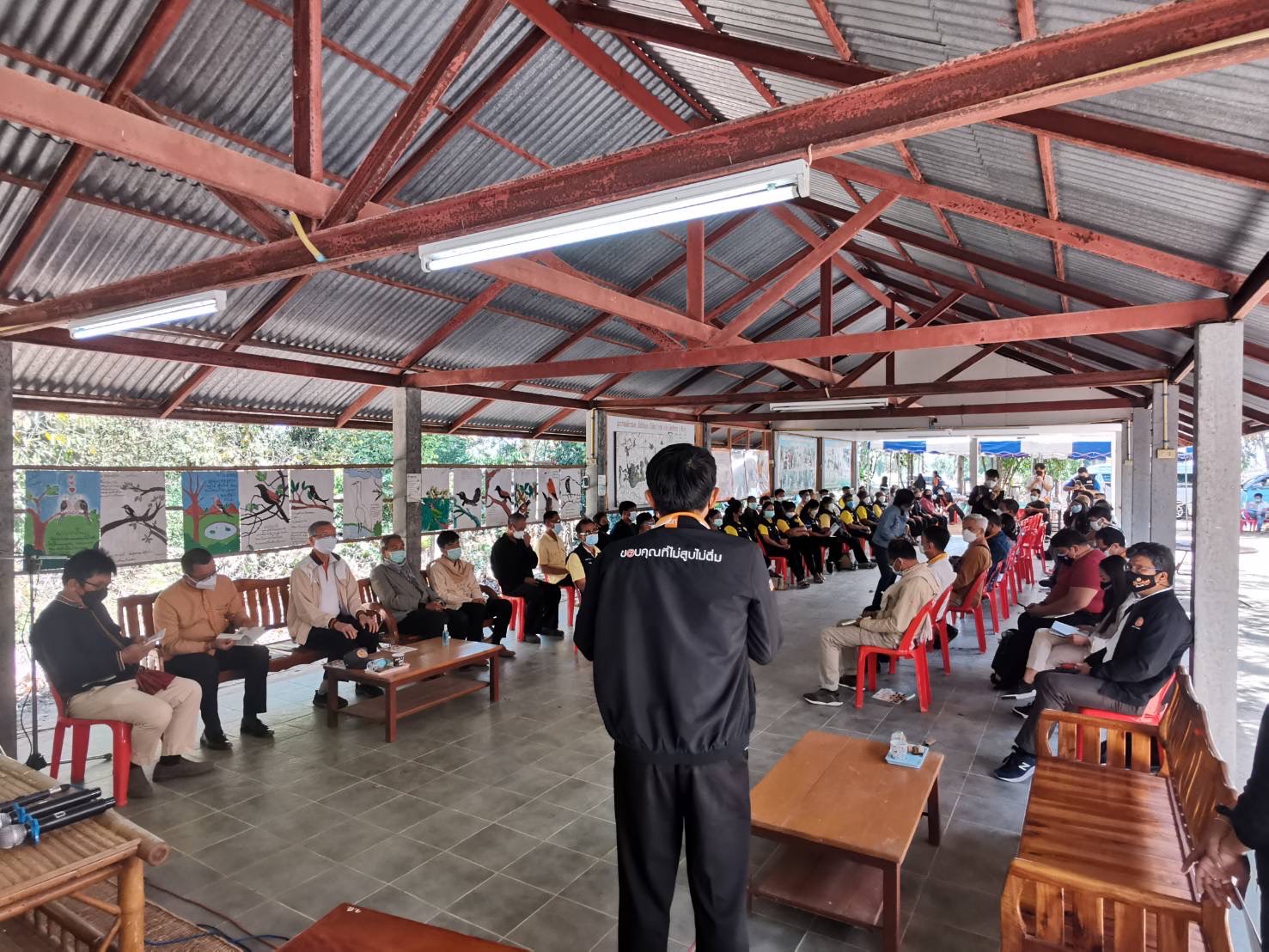
Mr Theera elaborated further that the key strategy in the Pho Si Suwan project is to attract government agencies to join forces by participating in the provincial alcohol control committees which spread out in all districts, with district governors as chairpersons and public health officers as secretaries, together with the civil society sector and district life quality improvement committees, so that the work is ensured of its strength, continuity, and sustainability, without disruptions whenever there is repositioning in government officials.
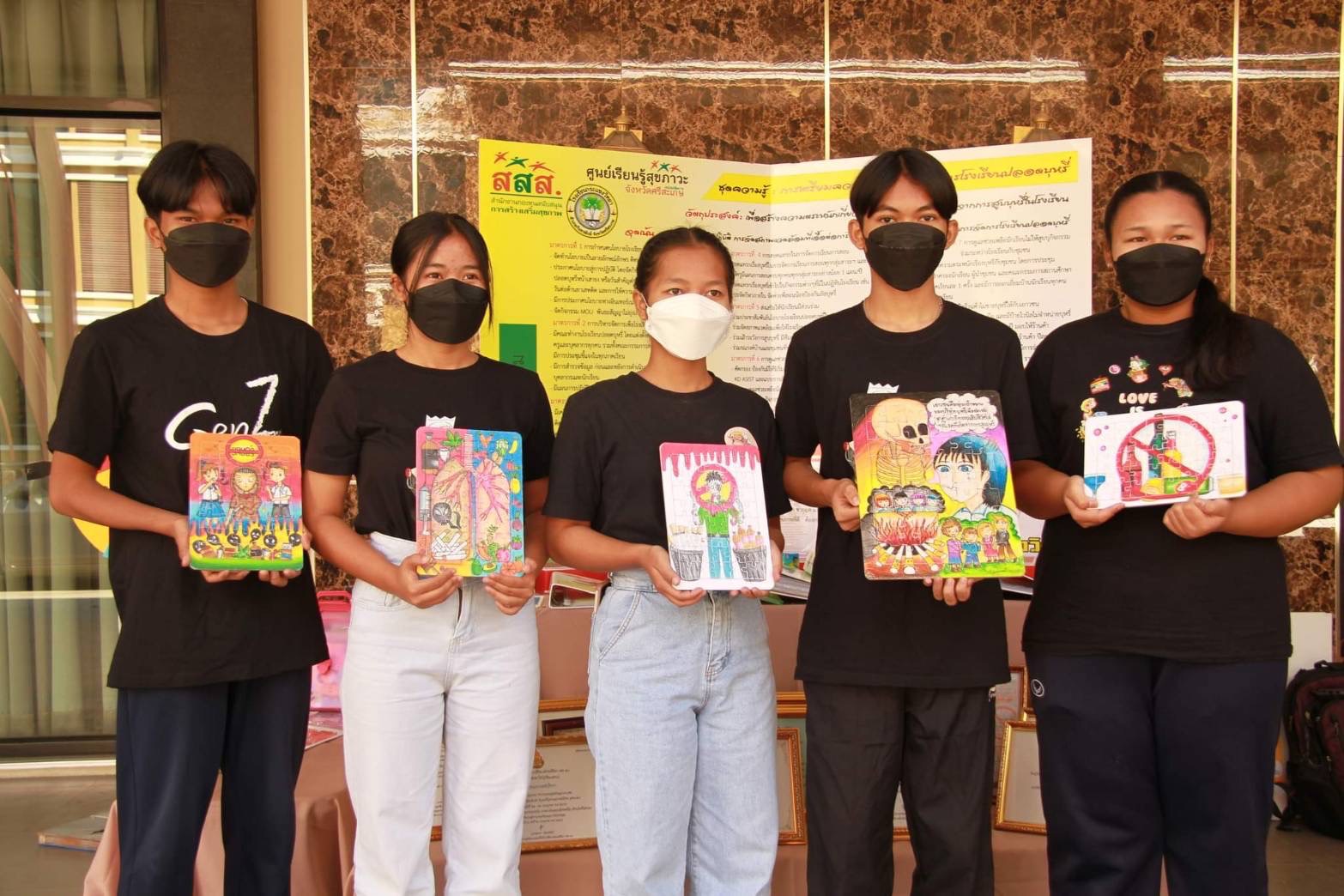
“SDN projects, previously focusing on pushing the policies to constitute regulations which caused ignorance of the real problems in communities, will now focus more on the people. Now that the social trends have changed and the media is easily accessible by the public, the local administrative organisations in several areas will use these changes in order to be informed of the communities’ needs, which in turn can adjust its work in appropriation, with emphasis on the community and its youngsters, as well as the law enforcement,” Mr Theera said.
Governor of Pho Si Suwan District, Mr Suwan Netnetikul, said that the community strength plays an important role in creating a better quality of life for people in the area. At present, the mechanism of houses, temples, and schools has been used together with government agencies to co-organise activities by starting in the village — the smallest unit of the society. If a smaller success can be seen, it will be easy for bigger ones to be achieved. Pho Si Suwan district as a piloting area is set to report the results of such works on December 14 of every year. The data and underlying information will then be put into analysis, so as to bring about solutions to problems and direction for the following year. During the past 14 years, it is found that the project has helped save a total of 143,382,000 baht from organising non-alcoholic civil and religious events, which is deemed a great success where local economies suffer less deficit and fewer problems caused by violence, thanks to 3 principles: 1) virtuous people, 2) good health, and 3) sustainable economy.
rn


